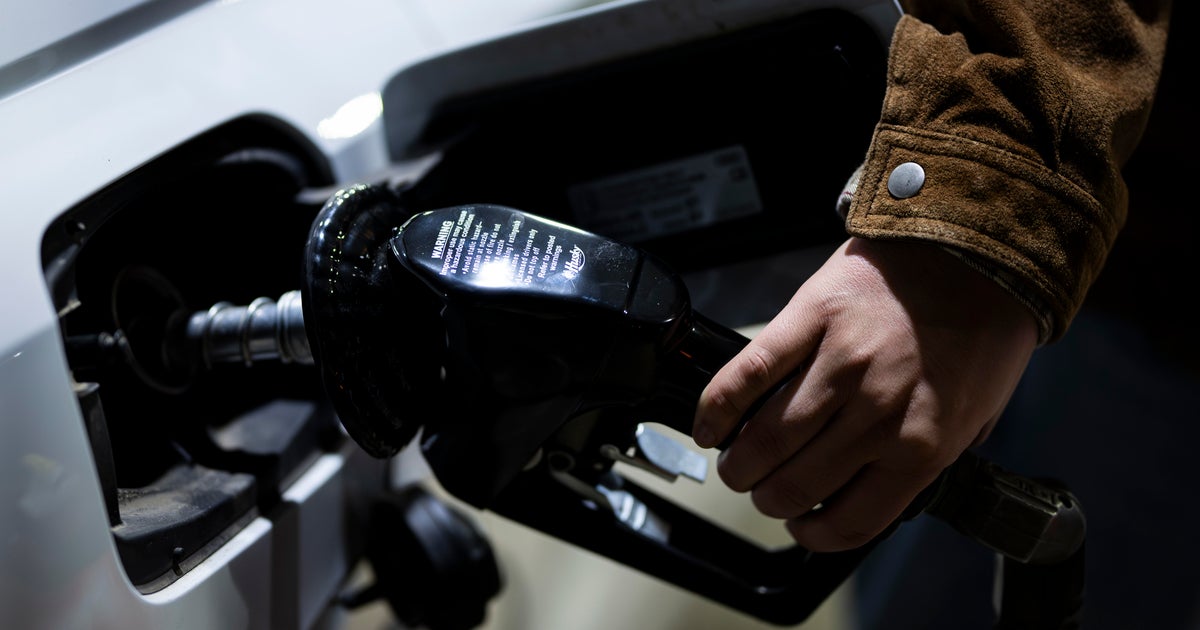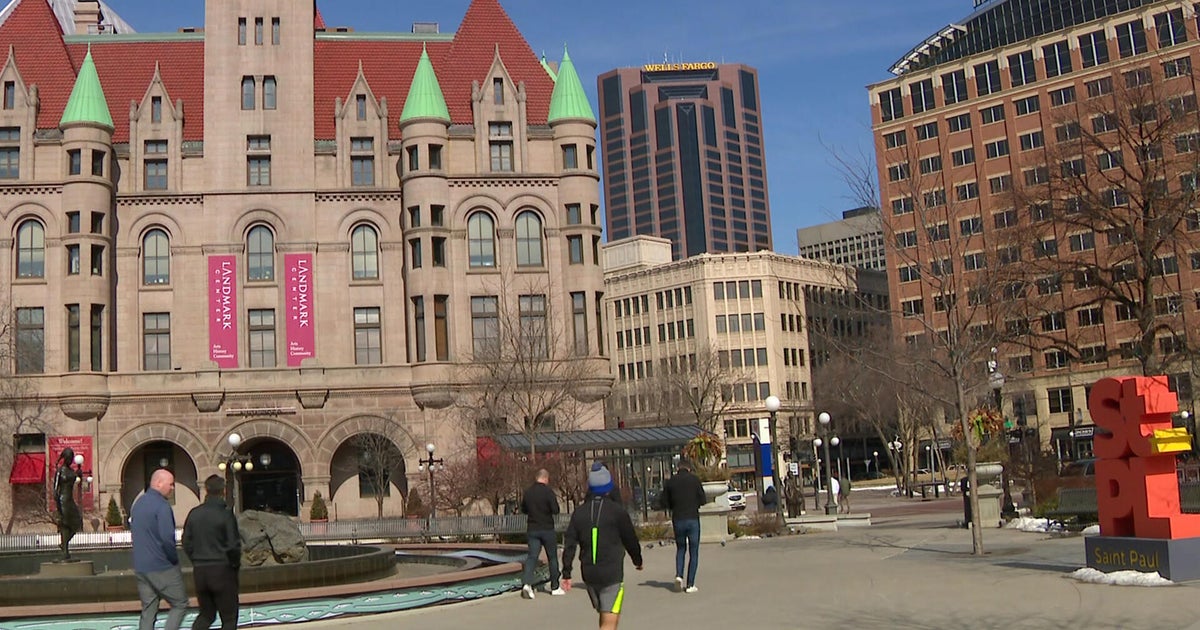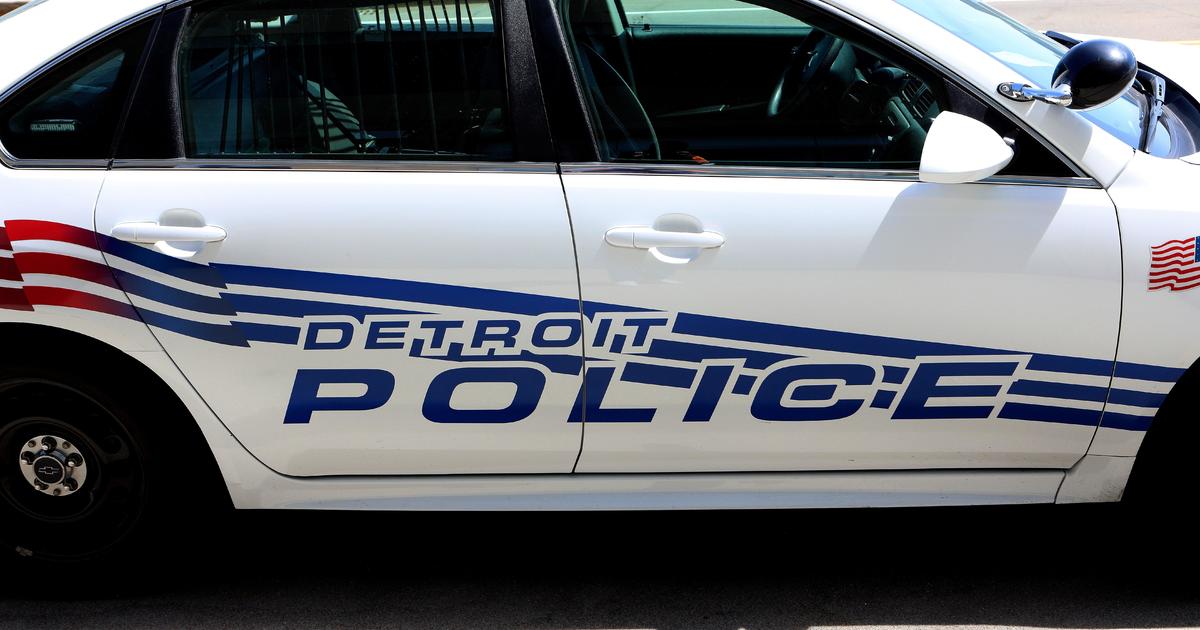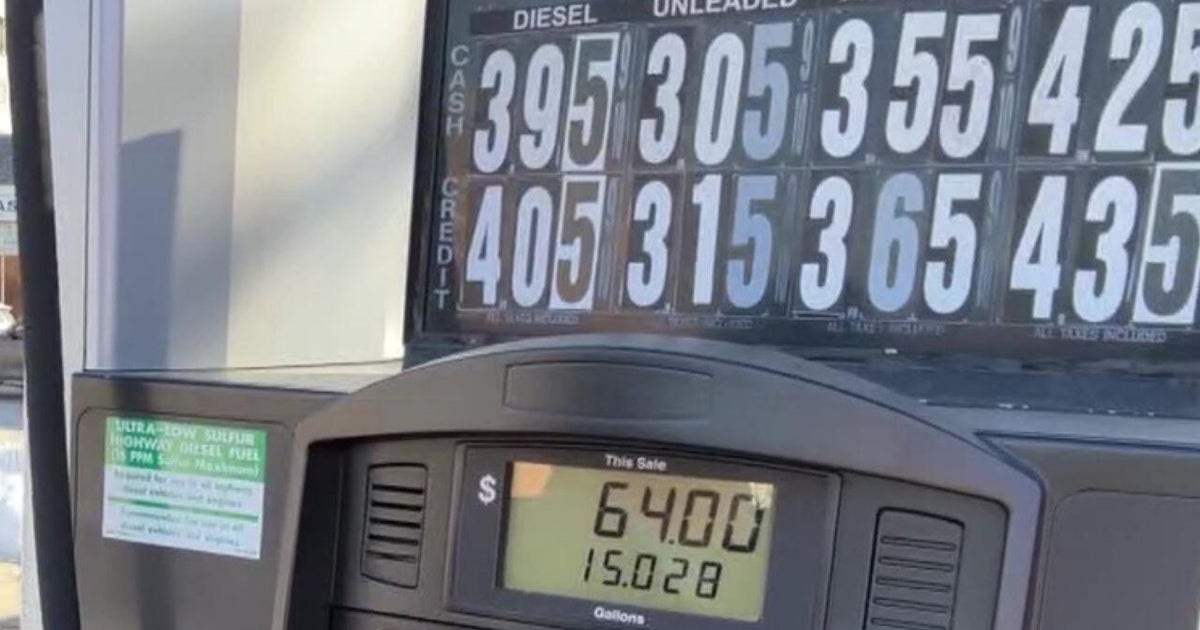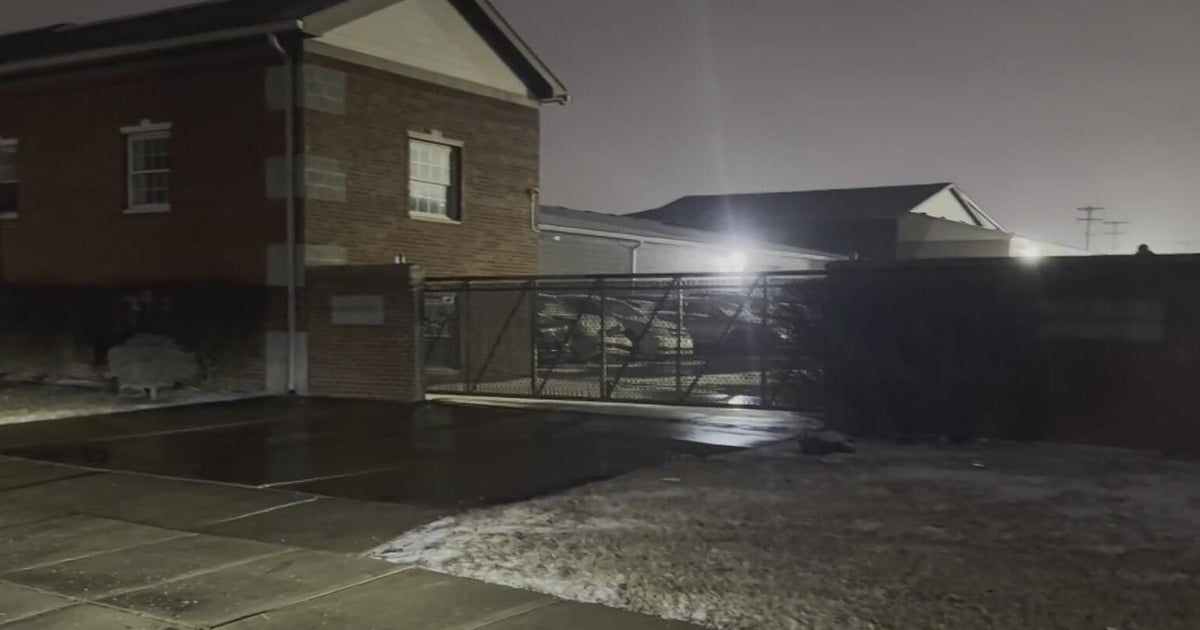Minn. Plugs Into Future With 1st Electric Charging Station
MINNEAPOLIS (WCCO) -- Minnesota is getting ready for the newest trend in cars -- electric.
General Motors and Nissan Motor will be releasing their electric cars within weeks, in the auto industry's most prominent attempt at mass-producing vehicles that shift away from petroleum.
With new cars comes the need to fill them up, and not fill them up with gas.
Minnesota's first electric charging station just went in. It is in downtown St. Paul, inside the parking ramp at the First National Bank Building.
"We're going to plug in the vehicle first," said Paul Axt, whose company, ElectriCharge Mobility out of Bloomington, owns this charging station.
The pump looks dramatically different from what drivers are used to.
Axt pointed out just how it works. First you have to pay for your charge, and at this station, it costs $3 to fill up. You can pay with a credit card, call a phone number that's listed to pay, or used a debit card, called a Charge Pass card.
"And with my Charge Pass card, I'm going to activate it," said Axt. "The door unlocks. You take the cord and you plug it in. After you lock the door, then the electricity station powers up and sends electricity to the vehicle."
The lights on the back of the car flash to let you know the vehicle's getting electricity. It can take anywhere from three to eight hours to charge a drained battery, depending on the type of charging station used.
"You go to the gas station, where you're used to being out in two to three minutes. Here you have to plan," Axt said.
When your car is done being charged, the charging station will send you a message that it's done and you're ready to roll.
Over time, electric vehicles should make a difference on the environment. They're projected to get the equivalent of nearly 100 miles per gallon, based on government testing.
"Electric vehicles emit no toxic air pollution emissions from the tailpipe when you're driving off battery power," said Fran Crotty with the Energy Innovation Corridor.
Crotty said another big benefit with electric cars is the maintenance costs. The cars need no oil changes and cost just two to three cents to operate per mile.
"The wave of the future," said Axt.
The electricity used to charge the cars comes from solar and wind energy.
The goal to put in 150 of the stations throughout the Twin Cities area by 2015.
The City of St. Paul will be installing 30 charging stations in the city with 20 of them being along the light rail line, also called the Energy Innovation Corridor between Target Field in Minneapolis to Union Depot in St. Paul.
The long-term hope is to get the charging stations in public areas like golf courses, parks or movie theaters, Axt said.
